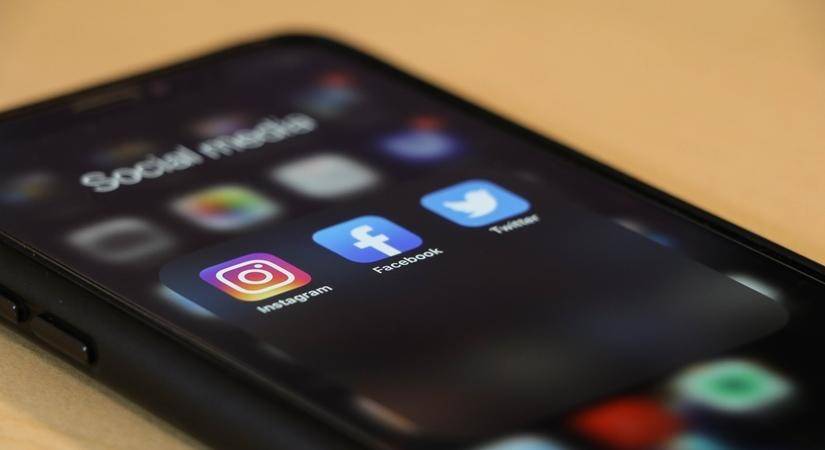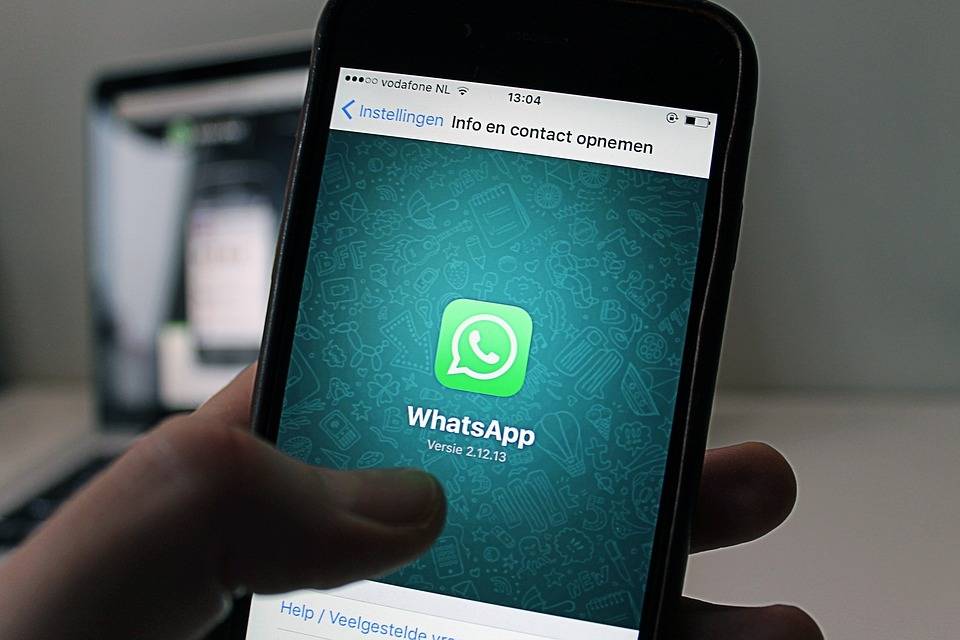Supreme Court advocate Pavan Duggal said the issue of traceability of electronic records being raised has to be seen in a holistic perspective…reports Sumit Saxena
With WhatsApp filing a lawsuit in the Delhi High Court stating that requiring messaging apps to “trace” chats undermines people’s right to privacy, even as the deadline to comply with the new IT (intermediary) rules, 2021, for big social media platforms in India ended on Tuesday, legal experts say the new measures should not be seen as a “blanket web” for getting information of all originators of all messages sent by all users.
Supreme Court advocate Pavan Duggal said the issue of traceability of electronic records being raised has to be seen in a holistic perspective.
“The Information Technology (Intermediary Guidelines and Digital Media Ethics Code) Rules, 2021 are not creating a mother blanket web for getting information of all originators of all messages sent by all users. On the contrary, it is only specifically looking at specified cases where in certain specified circumstances, some information pertaining to identification of origin of all electronic records can be obtained,” he said.
Advocate Khushbu Jain, founder Ark Legal, said there has been persistent spread of fake news, and rampant abuse of social media to share morphed images of women and contents related to revenge porn have often threatened the dignity of women.

“Privacy is good faith principle – not to be applied to criminals. Right to privacy cannot be an impediment to fair investigation – the world over. WhatsApp cannot maintain double standards: Taking stand of privacy infringement is itself contradictory to their own provision mentioned in their own privacy policy. The new rules establishes the required fine balance between the rights of individuals, mediated by these supranational business interests, and simultaneously preventing state overreach, while preserving incentives for innovation, which is the real-life blood of the Internet,” Jain added.
In July 2019, V. Kamakoti, a professor at IIT Madras, had told the Madras High Court that it is technically possible to add an original identification tag to messages on WhatsApp even with encryption. He added that there is a possibility, if WhatsApp were to introduce a change in its product design, which could include the phone number of the originator whenever a message is forwarded. He further added that being a privacy-entity of WhatsApp does not carry much weight, when users are able to freely forward messages to anyone without consent.
According to Supreme Court advocate Virag Gupta, this matter of first originator of a message, is already under consideration before Supreme Court, where WhatsApp is a party. He added that on request of social media companies, the top court, in its order on January 30, 2020, directed for transfer of the Madras High Court matter and other similar proceedings to itself.

“A new challenge to Rule 4(2) before the Delhi High Court may be delaying tactics to avoid the compliance with other aspects of IT rules, which talk about appointment of grievance and other officers in India. Despite judicial challenge to limited aspect of rules, WhatsApp and other significant social media companies are duty bound to comply with new IT Rules within stipulated time period,” said Gupta.
However, Tanmay Singh, associate litigation counsel at the Internet Freedom Foundation, said: “Enabling a traceability option by any means, even if it is not by directly breaking end-to-end encryption, will seriously undermine the very purpose of end-to-end encryption, which is to promote and strengthen user privacy and encourage the freedom of speech. This will threaten the constitutional fundamental rights of millions of users of social media in India.”
ALSO READ: WhatsApp sues govt over chat traceability
